 Foster care can present unique experiences and challenges that require many different perspectives. As families explore foster care, it is important to reflect on the topics below and review them with a strong support network.
Foster care can present unique experiences and challenges that require many different perspectives. As families explore foster care, it is important to reflect on the topics below and review them with a strong support network.
The things to consider listed below will not apply to every family or situation, rather encompass a wide range of possibilities which could apply to traditional or relative/kinship care. Reviewing the questions will assist families to understand areas of strengths, and additional support and education needed.
There are many different reasons families want to become foster parents, consider these reasons when reviewing the questions below.
Understanding the Child’s Experience
- What books have you read that are written by adults who were in foster care?
- Have you attended a workshop with a panel of adults who were in foster care?
- How would you handle things when your foster child is skeptical of you or has conflicting loyalties between you and their family?
- Are you expecting your foster child to trust you right away or are you willing to wait weeks or months?
- Consider how you will react when your foster child exhibits a behavior you have never done seen or experienced before. Will you be able to set aside and think about the reasons behind it?
Race and Culture
- Are you comfortable engaging in challenging and respectful conversations about racial, cultural, and socioeconomic differences?
- Are you comfortable seeking resources to increase your understanding and respect for a child whose culture may be different than your own? (e.g. religious, racial and cultural heritage, sexual orientation and gender identity).
- Do you live in a culturally diverse community? What resources are available in your community to help support children from diverse backgrounds? Are you comfortable learning and expanding your own cultural competence to better support a child from a different background than your own?
- Do you have a diverse social network with people of different race and cultural backgrounds? If your community is less diverse, are you willing to seek out resources and cultural events to help support your child’s cultural identities?
- Are you open and prepared to incorporate a child’s race and culture into your family, even if different than your own?
- Are you comfortable being in situations where you may be the minority?
Child’s History
- Are you willing to face the tough stuff in your foster child’s history and come to terms with how it makes you feel?
- Are you comfortable talking to your foster child about their early life experiences in a way that does not label or blame them or the family they were removed from?
- Do you understand that even if your foster child has experienced abuse, they may still love their family and have positive memories of them? How will you honor these feelings?
- Are you willing to maintain safe connections to people who were important in the child’s life before you knew them, including but not limited to, siblings, parents, extended family, clergy, teachers, coaches, etc.
Parental Self-Awareness
- Do you expect that your foster child will be grateful?
- Do you have set expectations about how your foster child will integrate into your family? How will you feel/react when these expectations are not met?
- In what ways do you expect to bond to your foster child? How will you feel if that does not happen?
- Do you have difficult experiences from your own childhood that may impact your ability to parent a child with a traumatic history? What have you done to work through these issues? What can you do to keep these emotions separate from caring for your foster child?
- Can you think of a time in your life where you needed persistence? What things helped you move forward during this difficult time? Was this example something that took one week, one month, one year of hard work?
Flexibility
- Are you willing to let go of your views on consequences to make your relationship with your foster child a priority?
- How will you respond if your plan for the day gets unexpectedly changed due to your foster child’s needs or behaviors?
- Do you have a boss who will be understanding of your family life that includes stress, many appointments, phone calls at work, leaving for emergencies, etc.?
- Are you open to therapists and foster care professionals suggesting new ways of parenting that differ from what you experienced as a child, or how you may have parented other children?
Managing Emotions
- How would you describe your level of patience when children exhibit challenging behavior?
- How do you handle a stressful day at work or confrontation with a family member or friend?
- What do you do each day to maintain balance?
- How good are you at forgiving yourself and others?
- What are some examples of how you deal with anger?
Seeking Support
- Your foster child will likely have experienced neglect or abuse. What resources are you aware of to support a child with a trauma history?
- Are you someone who readily asks for help or likes to figure it out on your own?
- Do you know someone who has been in foster care or a foster parent? Do you feel comfortable talking to them about their experiences?
- Who are the support people in your life that you can call on when you are struggling?
- Are you open to using foster care related services to gain more education and resources?
Advocating for Child
- How will you educate family and friends on an ongoing basis to help them understand your foster child’s needs?
- Are you willing to be a persistent advocate for your foster child, so they can receive the educational support services needed to be successful, even when you might feel you are not being heard or understood?
- Are you willing to have tough conversations with people who do not understand your foster child or who do not respect your foster child’s life experience?
Understanding Permanency
- Are you willing and able to allow service providers to come into your home (therapy, skills, personal care attendants)? And are you able to transport the child to services out of your area, if they are the best option for the child?
- Are you open to learning new or different parenting and discipline strategies?
- Are you willing to allow visitation with parents or other family members to occur in your home?
- Are you willing to support friendships even if the friend lives out of your area?
- Are you able to support a child’s involvement in extracurriculars, social, and cultural activities appropriate for their age and abilities while residing in the home?
- Are you able to support reunification even if you do not believe it is in the best interest of the child?
- Are you willing to be the concurrent planning option for youth in your home?
